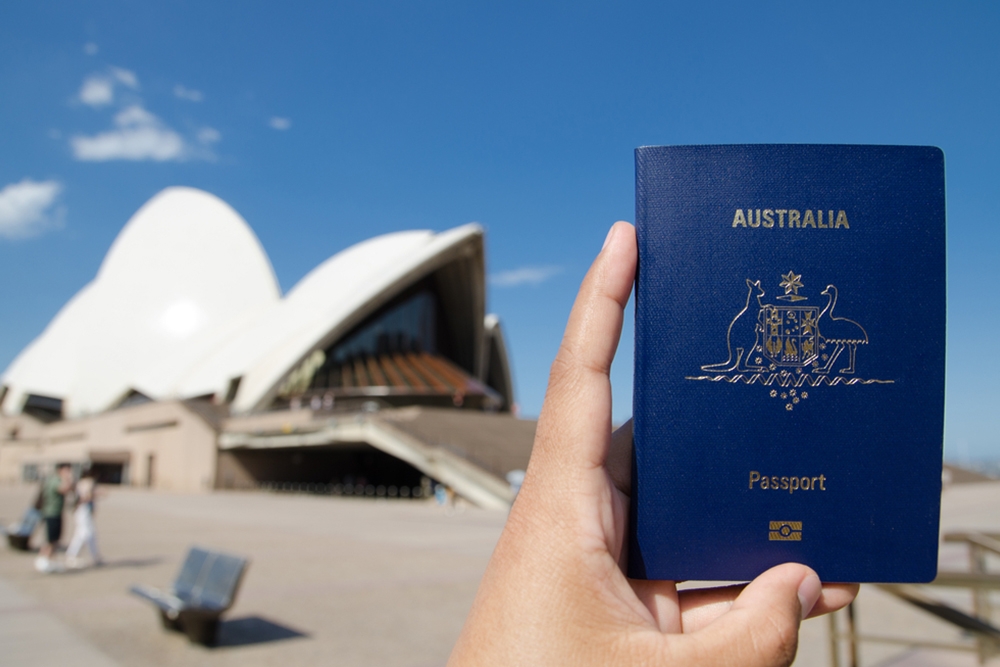Temporary vs. Permanent Work Visas: Making the Right Choice in Australia
In the world of immigration, the choice between temporary and permanent work visas can be quite perplexing. For those who aspire to make Australia their new home and embark on a successful career journey, understanding the nuances of these two visa options is crucial. This article delves into the intricacies of temporary and permanent work visas, helping you make an informed decision on which one suits your aspirations best.
Temporary Work Visas – A Stepping Stone
Temporary work visas are the gateway for individuals who want to work in Australia for a specific period. These visas are tailored for various purposes, such as skilled workers, sponsored employees, and working holidaymakers. Here are some of the most popular options:
Subclass 482 – Temporary Skill Shortage Visa
- Ideal for skilled workers nominated by an approved Australian employer.
- Allows you to work in Australia for up to four years.
- Can be a pathway to permanent residency through the Employer Nomination Scheme (ENS) or Regional Sponsored Migration Scheme (RSMS).
Working Holiday Visa (Subclass 417 and 462)
- Designed for young people who want to travel and work in Australia for up to two years.
- Great for cultural exchange and gaining work experience.
Temporary Graduate Visa (Subclass 485)
- Perfect for international students who have completed their studies in Australia.
- Provides post-study work rights and an opportunity to gain valuable work experience.
Temporary work visas are an excellent choice if you’re looking for a short-term commitment or need time to explore the Australian job market.
Permanent Work Visas – Building Your Future
On the other hand, permanent work visas pave the way for long-term settlement in Australia. These visas offer a more stable and secure immigration option. Let’s explore some of the key permanent visa options:
Skilled Independent Visa (Subclass 189)
- Suitable for skilled workers who are not sponsored by an employer or family member.
- Grants permanent residency, allowing you to live and work in Australia indefinitely.
Employer Nomination Scheme (ENS) – Subclass 186
- If you have an Australian employer willing to sponsor you, this visa can lead to permanent residency.
- Available for both onshore and offshore applicants.
Distinguished Talent Visa (Subclass 124)
- For individuals with exceptional and outstanding achievements in a particular field.
- Offers permanent residency to those who have made a significant contribution to Australia.
Choosing the Right Path for You
Deciding between a temporary and a permanent work visa in Australia depends on your long-term goals and personal circumstances. Here are some factors to consider:
- Career Goals: Temporary work visas are suitable if you’re gaining experience or exploring options. Permanent visas are for those committed to establishing their careers in Australia.
- Eligibility: Check if you meet the criteria for the specific visa subclass you’re interested in. Temporary visas often have more accessible requirements.
- Family Considerations: If you have family members to include in your migration journey, permanent visas may be more suitable for family reunification.
- Employer Sponsorship: Employer-sponsored visas can lead to permanent residency. If you have a job offer, this could be the way to go.
- Points-based System: Permanent skilled visas are typically points-based, so consider whether you have the required points for a permanent visa.
In conclusion, the choice between temporary and permanent work visas in Australia is a significant decision. Temporary visas offer flexibility and exploration, while permanent visas provide stability and a pathway to Australian citizenship. To make the right choice, assess your goals and consult with a migration expert for personalized guidance. Remember, both options offer incredible opportunities in the Land Down Under.
